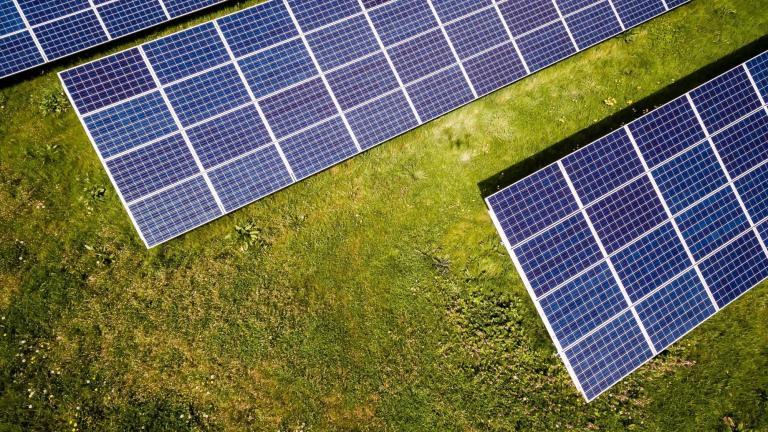LIFE-2021-CET-SMARTSERV
Objectives
The topic aims to support actions that develop, conceptualise and deploy new business models and concepts which fully tap the economic value and the wider benefits of integrated services. Integrated services in the sense of the topic are services that combine different energy services, such as energy efficiency, distributed generation and flexibility, and/or which integrate energy services with non-energy benefits. Moreover, the topic targets at services that contribute to the integration of energy sectors and carriers, notably electricity, heating and cooling and mobility, thus helping to overcome the fragmentation of markets and segments. Finally, the topic aims to enhance the cooperation and trust among different services providers and market actors, also across segments that so far do not have common business cases. The focus of the topic is on services involving buildings, i.e. services provided in, for or linked to buildings. These services should include an important element of energy efficiency. Moreover, the use of innovative technologies, as key enablers for the integration of services and sectors, is one important feature of this topic.
Actions under this topic are expected to:
• establish and implement service models that enhance the business case of energy efficiency services by integrating elements that increase the value and diversify revenue streams, e.g. by integrating
o distributed generation and self-consumption, demand response/ flexibility, including e-mobility
o electricity with heating and cooling, including making use of heat storage
o aspects of comfort, consumer satisfaction, safety, health, convenience etc.
o maintenance and optimisation
o aggregation of data and visualisation of energy consumption; technical support, communication and advice to end users
• establish service models that allow energy efficiency to take part in the organised energy markets and/ or in portfolio optimisation of utilities, including as Pay4Performance-schemes
• establish contract models encompassing key aspects, including technical requirements, technical and performance guarantees, Measurement & Verification, fair share of benefits and appropriate remuneration, limited transaction costs etc.
• establish services that are tailored to capacities and needs of customers and that take into account different segments of customers (tailoring of services; load/flexibility type-based segmentation)
• consider new distributed ledger technologies suitable for energy transactions
• develop and integrate tools and methodologies to accurately monitor, verify, report and certify energy savings, energy production and flexibility as well as benefits, e.g. comfort
Expected impact
• Customers benefitting from new and smart service offers
• Reduced energy costs for end-users
• Reduced payback times of investments into sustainable energy
• Increased viability of services
• Up-take of services that facilitate the integration of sectors and energy carriers
• Up-take of contractual schemes that ensure legal and regulatory certainty, an attribution of fair shares of value across parties and a minimum of transaction costs
• Up-take of improved methodologies to measure and monetise primary benefits, such as energy consumption reduction and flexibility
• Up-take of methodologies to measure and valorise co-benefits yielded by services
• Up-take of new and smart energy services that are eligible under EED/ Article 7
• Primary energy savings/renewable energy generation triggered by the project (in GWh/year)
• Investments in sustainable energy triggered by the project (cumulative, in million Euro)
Link with CMA Goals
Goal II: A competitive, innovative and sustainable blue economy for the Black Sea / Priority 1: Foster innovative business models, stimulate research and innovation, and sustainable growth and up-to-date jobs

